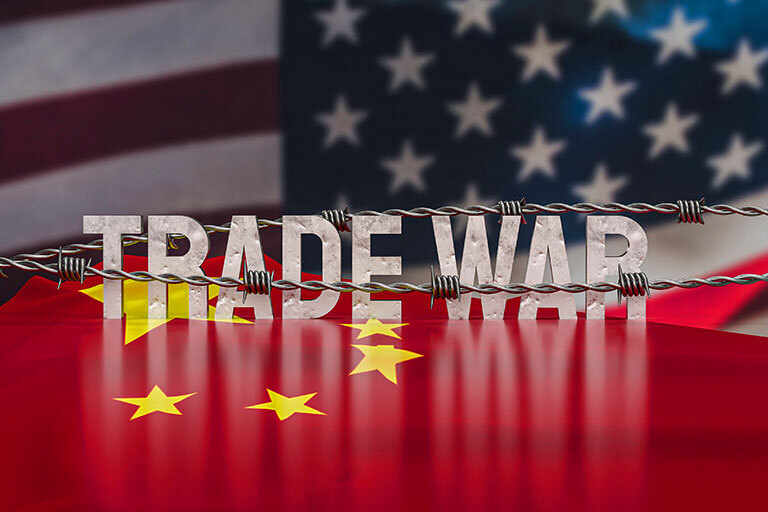China’s Ministry of Commerce has announced several outcomes from the latest round of China-US economic and trade talks held in Kuala Lumpur, signaling a modest thaw in relations between the two economies. The measures include tariff suspensions, adjustments to export controls, and agreements on agricultural trade and anti-drug cooperation.
According to the ministry, the United States will cancel the 10-percent “fentanyl tariffs” and extend the suspension of 24-percent reciprocal tariffs on Chinese goods for another year. The extension also covers products from Hong Kong and Macao. In return, China will adjust its countermeasures and continue some existing tariff exemptions.
Tariffs and Export Controls Temporarily Suspended
The US agreed to delay for one year the implementation of a rule announced in late September that would expand its ‘entity list’ export restrictions to any company that is at least half-owned by an already-listed entity. China will similarly suspend for one year the export control measures it announced on October 9, while refining details of its long-term response.
The two governments also reached an agreement on the temporary suspension of measures under Washington’s Section 301 investigation into China’s maritime, logistics, and shipbuilding sectors. Beijing plans to pause its corresponding countermeasures once the US suspension takes effect.
Broader Cooperation Areas
Beyond tariffs, both countries agreed to strengthen collaboration on curbing illegal fentanyl production and trafficking, a persistent point of contention in bilateral relations. They also committed to expanding agricultural trade, a move expected to benefit producers and importers on both sides.
Officials said the two sides discussed handling individual corporate cases fairly and transparently to improve the business environment for companies operating in both markets.
Building on Madrid Talks
The Kuala Lumpur discussions built upon agreements reached during earlier China-US economic talks in Madrid. The US reportedly made constructive commitments on investment issues, while China expressed readiness to work with Washington on resolving matters related to TikTok.
Signals of Stabilization
The Ministry of Commerce described the Kuala Lumpur outcomes as the result of sustained efforts and cooperation, emphasizing that constructive dialogue remains essential for maintaining stability in global trade. Analysts said the temporary suspensions could ease short-term tensions, offering businesses a measure of predictability after years of tariff volatility.
While not a comprehensive deal, the announcements suggest both sides are prioritizing economic stability over confrontation. The implementation of these measures, Chinese officials noted, could bring greater certainty to bilateral trade relations and broader global markets.







